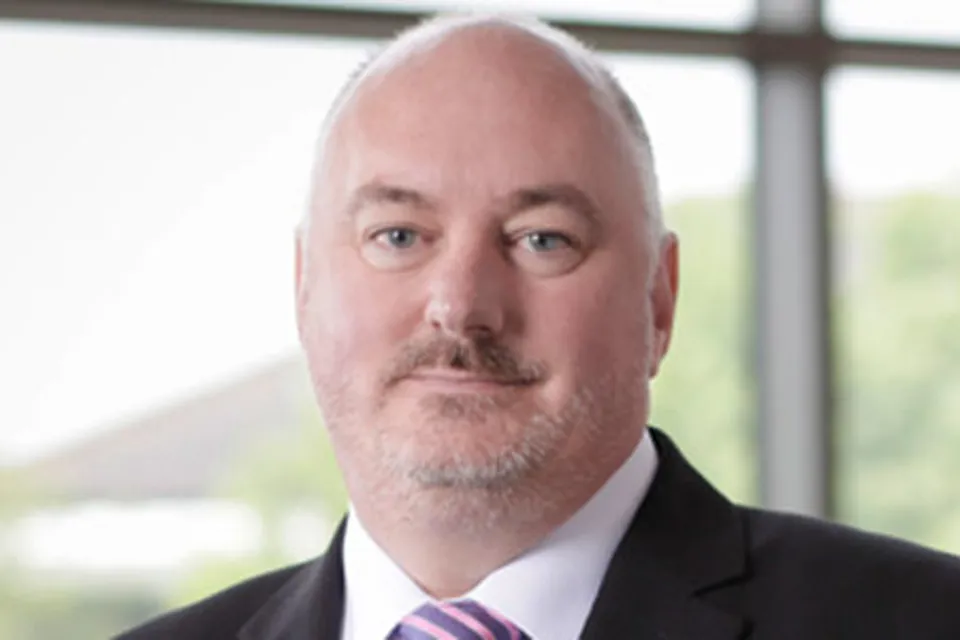His preference is for solus supply, which makes outsourcing an easier option.
“We will work on a dual or triple supply but it’s our strategy to work towards being the sole supplier and it does happen through demonstrating sustainability of our service and pricing,” he says.
“You have to show that the benefits of having one supplier outweigh any concerns from a solus deal.”
Around 25% of business is on a fully outsourced contract, and it’s rising.
Eight out of 10 customers are on a ‘with maintenance’ agreement, while 40% take accident management and a similar proportion take daily rental.
Professional procurement is an area where Alphabet has seen significant change, which is benefiting its aspirations for solus relationships.
“They make sure that the structure of the deal protects their company – increased professionalism in this area helps,” Schooling says.
There can be a downside, though. “If the definition hasn’t been done well enough, then it can come down to price.
"Then the people that have the low price win the deal – but they increase the price later on. Customers have to make sure that they don’t fall foul of future surprises.”
More than a BMW division
Even before the ING acquisition, Alphabet had been distancing itself from BMW in a bid to boost its multi-marque leasing business.
Part of the approach has been disentangling the management structure.
The person responsible for Alphabet’s strategy used not to be linked directly into the business.
Now the Alphabet operation in each country reports into the global head of leasing.
It has removed a layer of management and improved consistency in the decision making process.
And the relationship with BMW? “We are not a captive company; we are not supported by the car company,” Schooling says.
“We understand what manufacturers are all about and we choose to work with all of them.”
‘Consolidation will continue’
Schooling expects to see more leasing company mergers both in the UK and at European level.
He points to the entry point of the FN50 as proof of consolidation at the top.
“It used to be 9,000; now it’s just 1,000 vehicles. We will see more consolidation in the middle segment.”
And across Europe? “I anticipate that it will consolidate down to around four players,”says Schooling.
It will require companies with deep pockets and a firm conviction.




















Login to comment
Comments
No comments have been made yet.